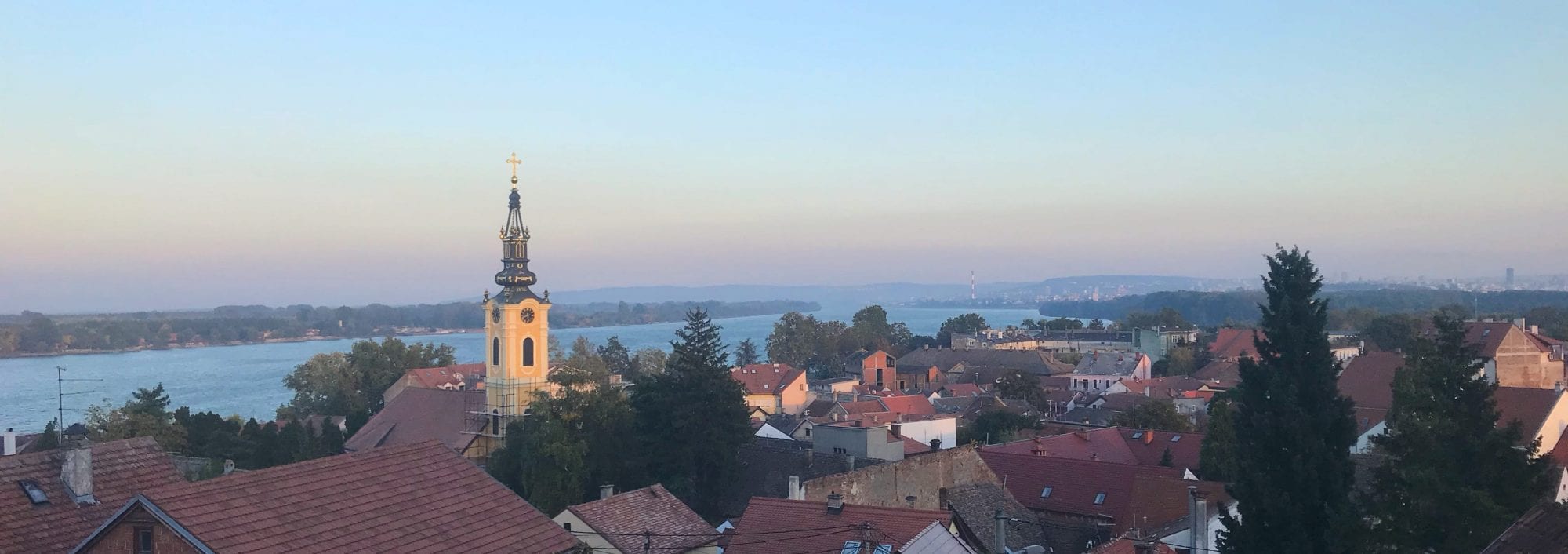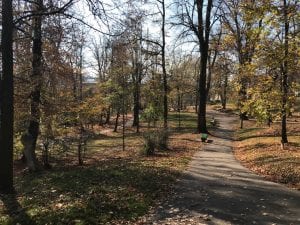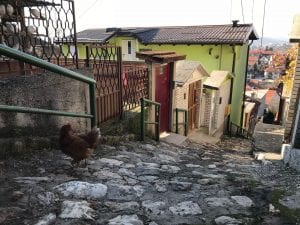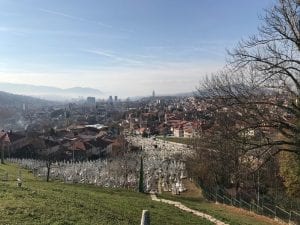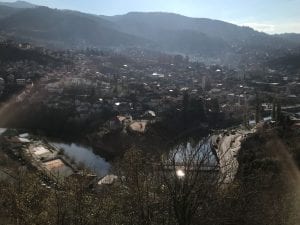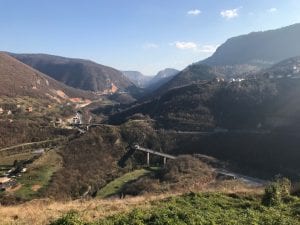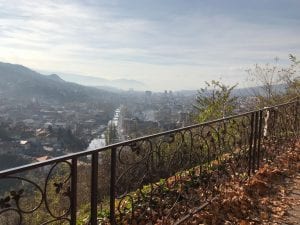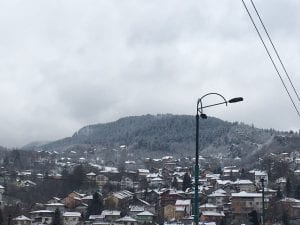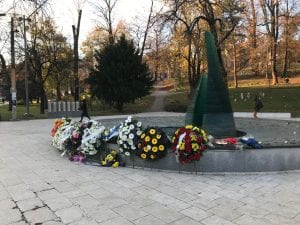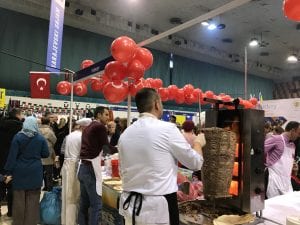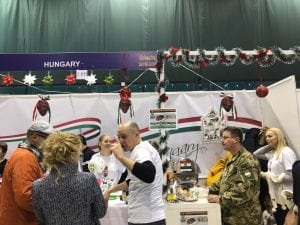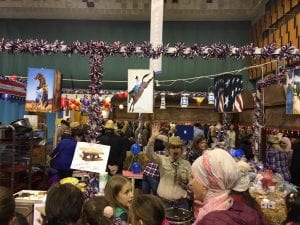Dobar dan! It’s been a while since I’ve written a post, but I have good reasons. For the last 3 weeks I have been living in Sarajevo and conducting my own independent research project. This is one of the unique aspects about this program, in that it allows undergraduates the option to formulate and execute individual research projects (in almost any city as well)! Thus, this last month of the program is dedicated to these projects – we each work on TONS of research, finding participants to interview, and then writing a 30 page paper.
My proposal for my research stemmed from a conversation I had with some students in Sarajevo during my first visit to BiH. We were discussing the international community during the Bosnian war, and one student commented on how the international community didn’t care about Bosnia and nobody did – and that is why the war happened. Another student said she believed the war was inevitable, and nothing could have been done to stop it. This got me thinking about this role of the international community. Even today, with conflicts occurring all over the world, the international community is often so slow to act or respond in any way – and these conflicts keep going.
So, my research began with this idea to look at the role of the international community during the war in Bosnia. Initially I wanted to speak with young people in Sarajevo (students) about their perspectives, but when I met my adviser (a professor here in Sarajevo), he offered another idea. He told me how foreign diplomacy in BiH during the war is an incredibly under-studied topic, and he asked me if I’d rather interview BiH wartime diplomats and representatives. Understandably, I was extremely excited at this idea and immediately jumped into this new avenue of research.
For the past 3 weeks, I’ve been doing just that. While it has been difficult to find diplomats from wartime who are still in Sarajevo or who still speak English, I’ve managed to interview some very significant and brilliant people. Their work in lobbying for the end of the war on behalf of the people of BiH astounds me. Sarajevo was under siege at this time. There was no electricity, no water, no food. During these interviews I was often told how going to and from work always left a question of whether you would make it home alive – given the snipers and constant shelling.
What amazes me, however, is the resilience and efficiency in which the Ministry of Foreign Affairs functioned at this time. Despite workers being paid in cigarettes (due to lack of funding), these people managed to gain recognition for BiH’s independence, to establish a network of diplomacy, and to create a clear strategy for lobbying for the end of the war, finding care for refugees in foreign nations, and seeking international support. And all this occurred just after this country declared independence in 1992.
Unfortunately, what I’ve found through this research, is the inadequacy in the international community’s response to the efforts of these diplomats and representatives. In this research, I’ve taken a specific look at how human rights are used in international politics, and the lack of a sufficient mechanism to uphold these standards of human rights throughout the world.
Despite this being a tiny, insignificant project, with only the purpose of being turned into the academic director of this program, I have learned so much about the power dynamics of international politics and foreign conflicts. I think this is something important for everyone to learn about, especially those from countries like the USA, which hold so much power in the international community and who’s foreign policy can change the lives of millions.
In the States, I’ve often found a lack of interest in international news or affairs. It can feel like everyone is so obsessed with life in our magnificent nation, that they forget there is a whole world outside which is so deeply effected by our country’s actions. Yet, living in the States and being an American citizen gives us this ignorance and privilege of being able to ignore what our country does internationally – because in most ways, it doesn’t effect us. Maybe it takes leaving the bubble of the USA and seeing the world beyond the haze of American superiority, to actually see what is going on in our world.
I feel so, so lucky to have had these opportunities and to learn about parts of the world which may often be ignored. For now, I must make the most of these experiences and think of how I can transform them into meaningful work in my life. But first, I’ve got to finish this 30 page paper…
((Also here are some pictures of the AMAZING city of Sarajevo…))
(Below) views from the top of the Yellow fortress and White fortress which overlook the city
(Left) SNOW!! (Right) a memorial for the children killed during the siege of Sarajevo
(Below) I went to the Diplomatic Winter Bazaar – where countries set up booths selling food, gifts, and other holiday items (guess which country is the last picture…)
